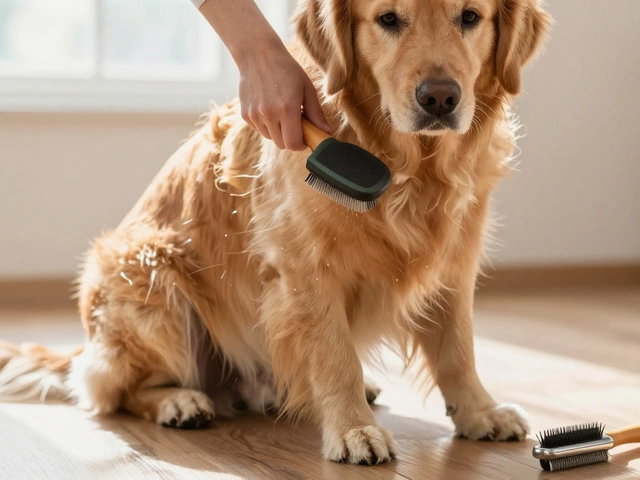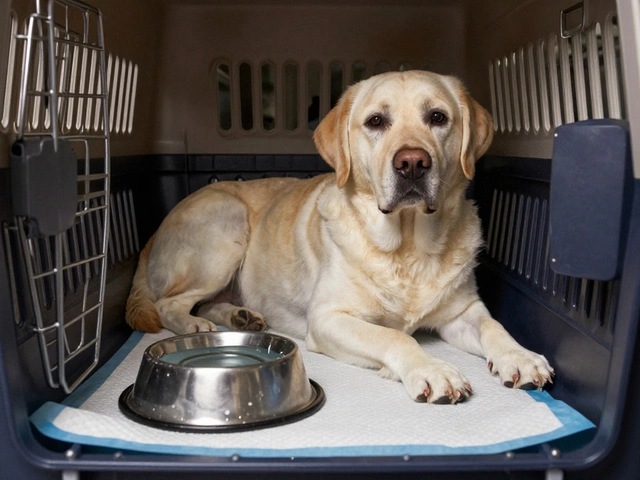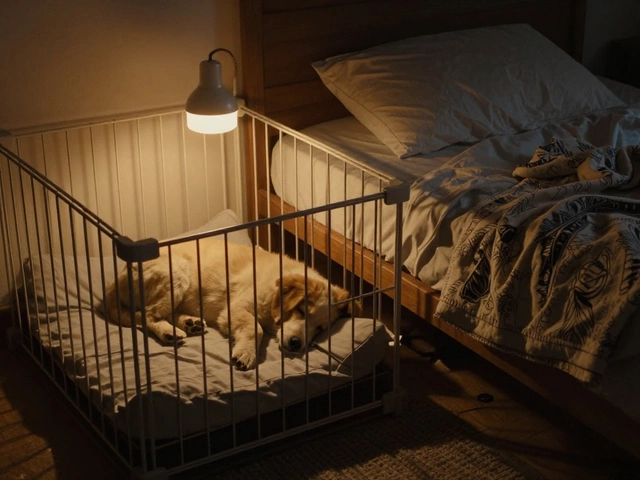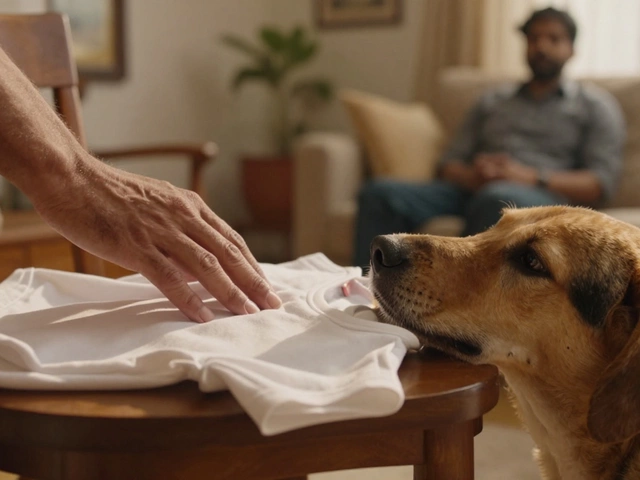Dog Toys: How to Choose the Best Ones for Fun and Safety
Ever wonder why some toys disappear in minutes while others sit untouched? The answer lies in matching the toy to your dog's size, chewing style, and energy level. Picking the right toy can keep your pup entertained, reduce destructive habits, and even boost dental health.
Types of Dog Toys You Should Know
Chew toys are a must for any puppy or heavy chewer. Look for durable rubber or nylon that won’t break apart easily. If your dog loves to gnaw, a high‑density chew can save your shoes and provide a healthy outlet.
Interactive toys like treat‑dispensing puzzles keep brains busy. Fill a Kong with peanut butter or a puzzle ball with kibble and watch your dog figure it out. These toys cut down on boredom‑driven barking.
Fetch toys such as balls or frisbees are perfect for high‑energy breeds. Choose a ball that floats if you play near water, and make sure it’s the right size—too small and it may get swallowed.
Plush toys appeal to dogs that like to cuddle. Opt for ones with reinforced stitching and no small parts that could come loose.
Safety First: What to Look Out For
Never leave a broken toy lying around. Small pieces can cause choking or intestinal blockages. When you buy a toy, check the material label for non‑toxic claims and avoid anything with a strong plastic smell.
Test the toy before giving it to your dog. Toss it across the floor; if it snaps or crumbles, discard it. Also, rotate toys every week so your dog stays interested and you can spot wear early.
For chew toys, keep an eye on your dog’s teeth. If you see excessive wear or the toy is getting slick, replace it. Regular vet checks can catch dental issues before they become serious.
Finally, supervise playtime with new toys, especially if you have a strong chewer. A quick check after each session can save you a lot of trouble later.
By understanding the different categories, matching toys to your dog’s habits, and staying vigilant about safety, you’ll turn playtime into a healthy, stress‑free part of the day. Your dog will thank you with wagging tails and fewer chewed‑up shoes.

Do 8-Week-Old Puppies Need Toys? Essential Guide for New Dog Owners
Wondering if your 8-week-old puppy needs toys? Discover why toys are vital for their development and how they prevent boredom and destructive habits. Learn what types of toys are safe and stimulating for young puppies, fostering healthy growth and bonding. Equip yourself with practical tips on engaging your pup, ensuring they're happy, healthy, and well-adjusted.
read more


